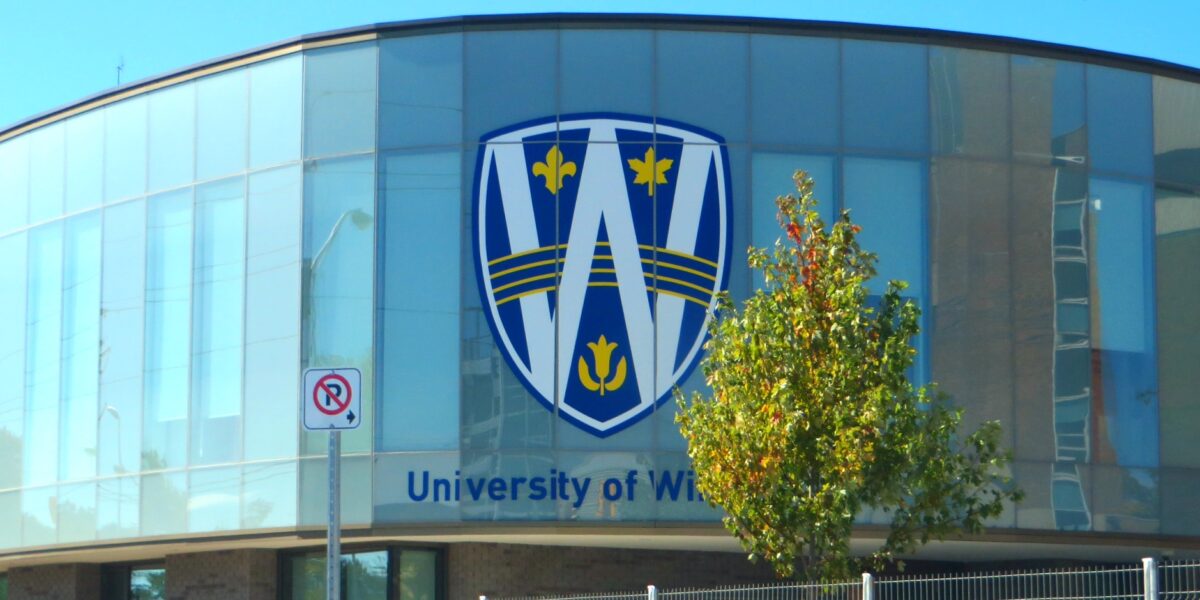While universities across the US and Canada were busy clamping down on pro-Palestinian encampments, sometimes with heavily-armed police, the University of Windsor came up with a novel idea: why not sit down and negotiate in good faith with the student protesters?
They did, and the results were notable.
After an agreement was negotiated earlier this month, the encampment that had been on Windsor’s campus for nine weeks was removed by the students themselves within 48 hours. For its part, the university administration pledged to support changes to the university’s investment policies that would provide more transparency and a greater emphasis on human rights and international law.
That investment pledge includes a review of the weapons industry, particularly companies producing arms used in conflict zones where the UN has identified human rights violations.
The agreement appears to be a win-win. It’s a win that the Windsor encampment was dealt with in a civil way — students are, after all, members of an academic community which, theoretically at least, encourages debate and dissent.
It’s also surely a win that the university administration has pledged to support an investment policy more explicitly in line with Canada’s much-celebrated commitment to international law.
And, although the Windsor agreement has provoked opposition, it is certainly in line with the rulings of the International Court of Justice (ICJ), the UN’s highest court and ultimate arbiter of international law.
Indeed, in a particularly strong ruling last week, the ICJ found that Israel’s occupation of Palestinian territory “violates fundamental principles of international law and renders Israel’s presence in the occupied Palestinian territory unlawful.”
The ruling also instructed the world’s nations not to “render aid or assistance in maintaining” Israel’s occupation — and investments certainly amount to a form of aid.
While non-binding, the ICJ ruling shows the strength of agreement among the court’s international judges, who voted 11-4 that Israel’s occupation is illegal.
Israel has become increasingly isolated in the international community over its relentless assault on Gaza, which has killed 39,000 Palestinians, according to the Gaza Health Ministry, following the Oct. 7 Hamas raid into Israel in which 1,200 people were killed and more than 200 taken hostage.
The University of Windsor already has an investment policy that considers human rights, but this agreement strengthens that commitment.
It also sets the university apart from some other Canadian universities that refuse to align their investment policies with international law, saying that that would violate the university’s neutrality, according to Heidi Matthews, law professor at Osgoode Hall Law School.
Beyond strengthening investment rules, the Windsor agreement notes the destruction of Palestinian universities in Gaza, and commits to helping, within its resources, to restore post-secondary education in Gaza.
This is in line with an open letter from Palestinian academics calling on universities worldwide to help resist the “scholasticide” in Gaza, notes Matthews.
“We issue this call from beneath the bombs of the occupation forces,” said the letter, signed by dozens of academics and administrators from the demolished Gazan universities. “Education is … a vital pillar of our existence and a beacon of hope for the Palestinian people.”
While reaching out to Palestinian universities, the Windsor agreement says the university will not establish institutional agreements with Israeli universities — until Palestinian self-determination is achieved. (This doesn’t preclude collaboration with individual Israeli academics.)
Several national Jewish groups have attacked the agreement as antisemitic. However, it’s been endorsed by some independent Jewish groups, including the Jewish Faculty Network, and by more than 1,000 academics from Canada and elsewhere.
Matthews says that the antisemitism charge is “absurd,” particularly in light of the ICJ’s ruling, and the university’s pledge to establish a website which will include resources on antisemitism, as well as antisemitism training for faculty, staff and students.
The University of Windsor has a tradition of supporting social justice and anti-racism causes. Indeed, it was the first Canadian university to divest from apartheid-era South Africa.
Perhaps it’s once again in the vanguard of change.
This article originally appeared in the Toronto Star.



